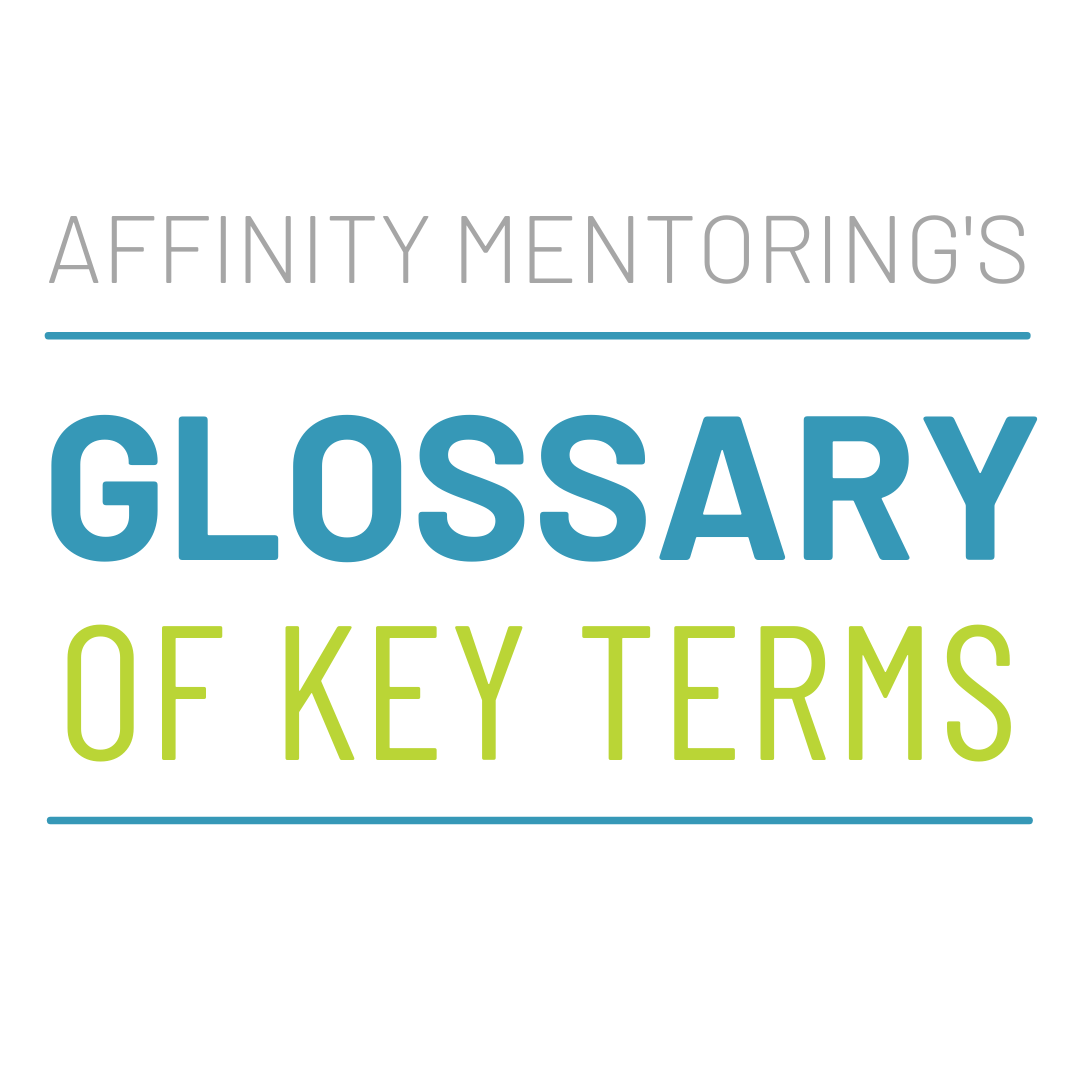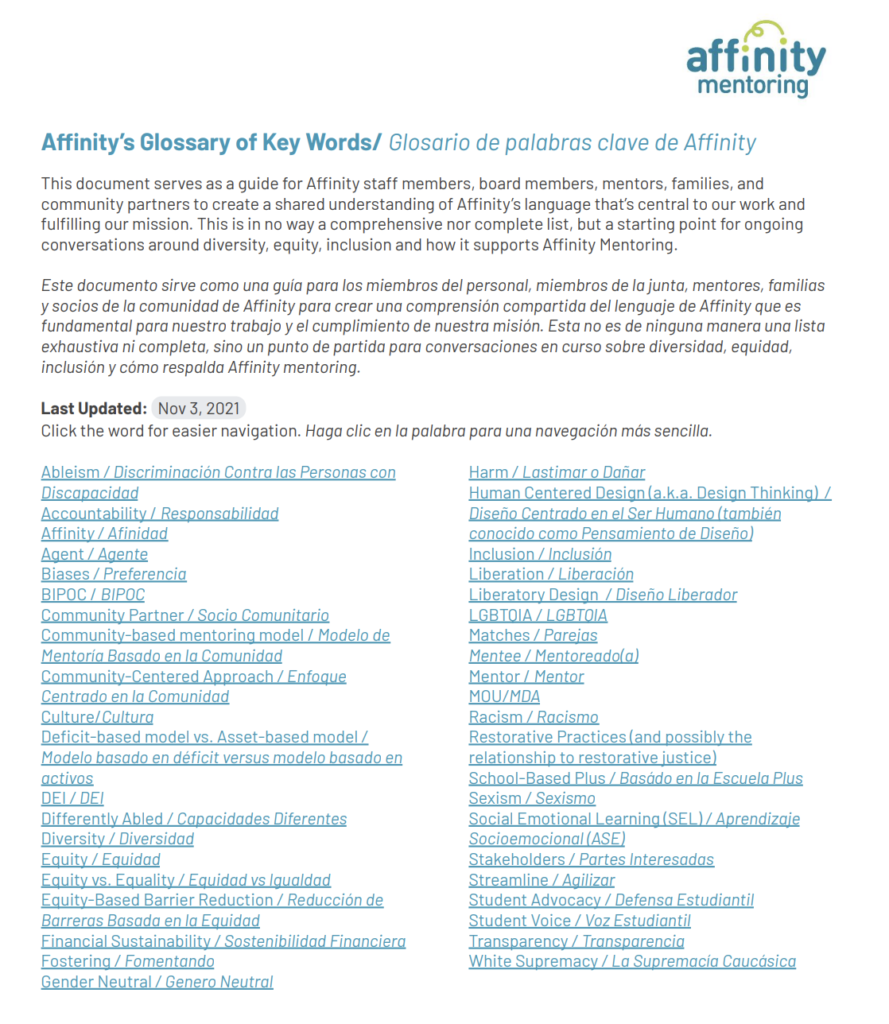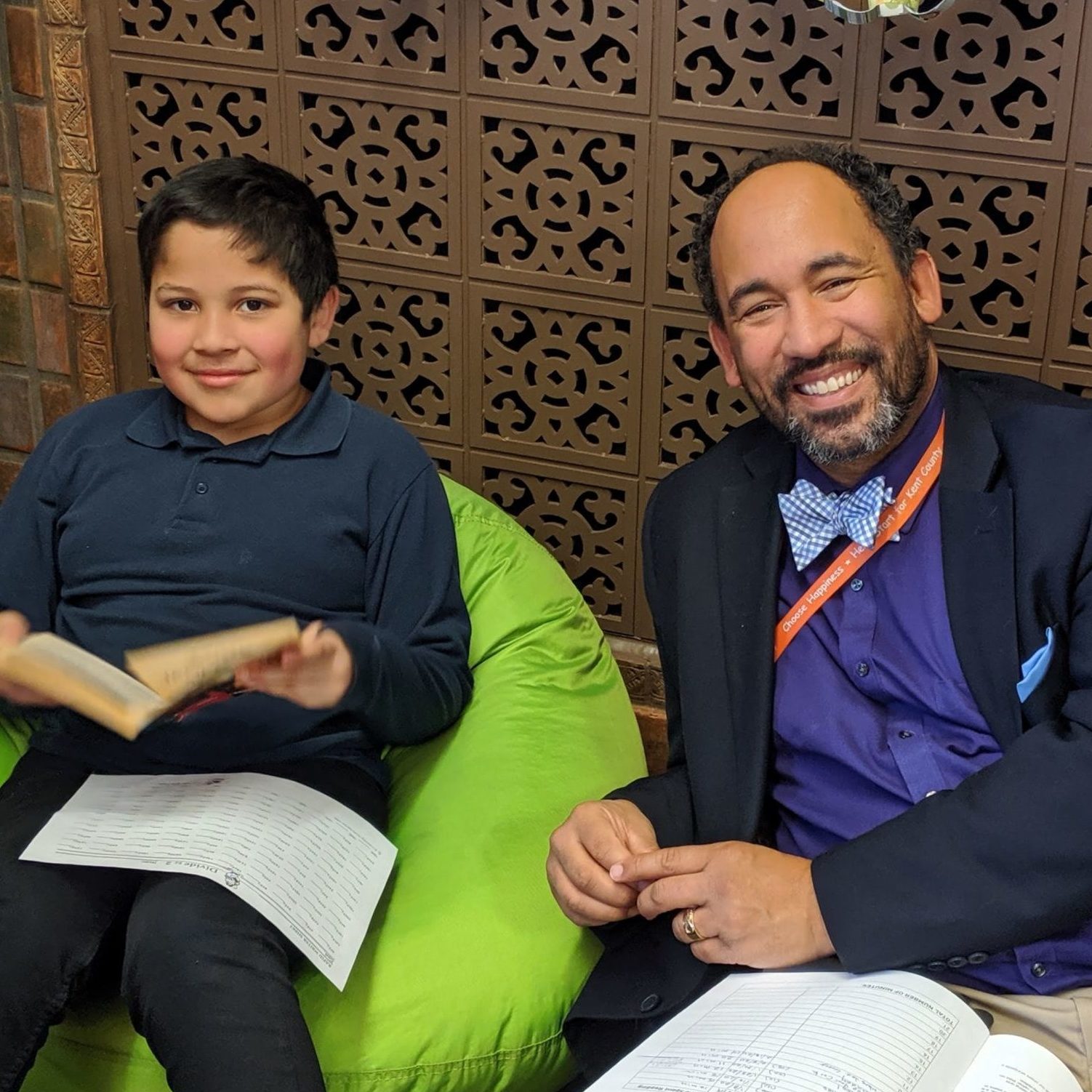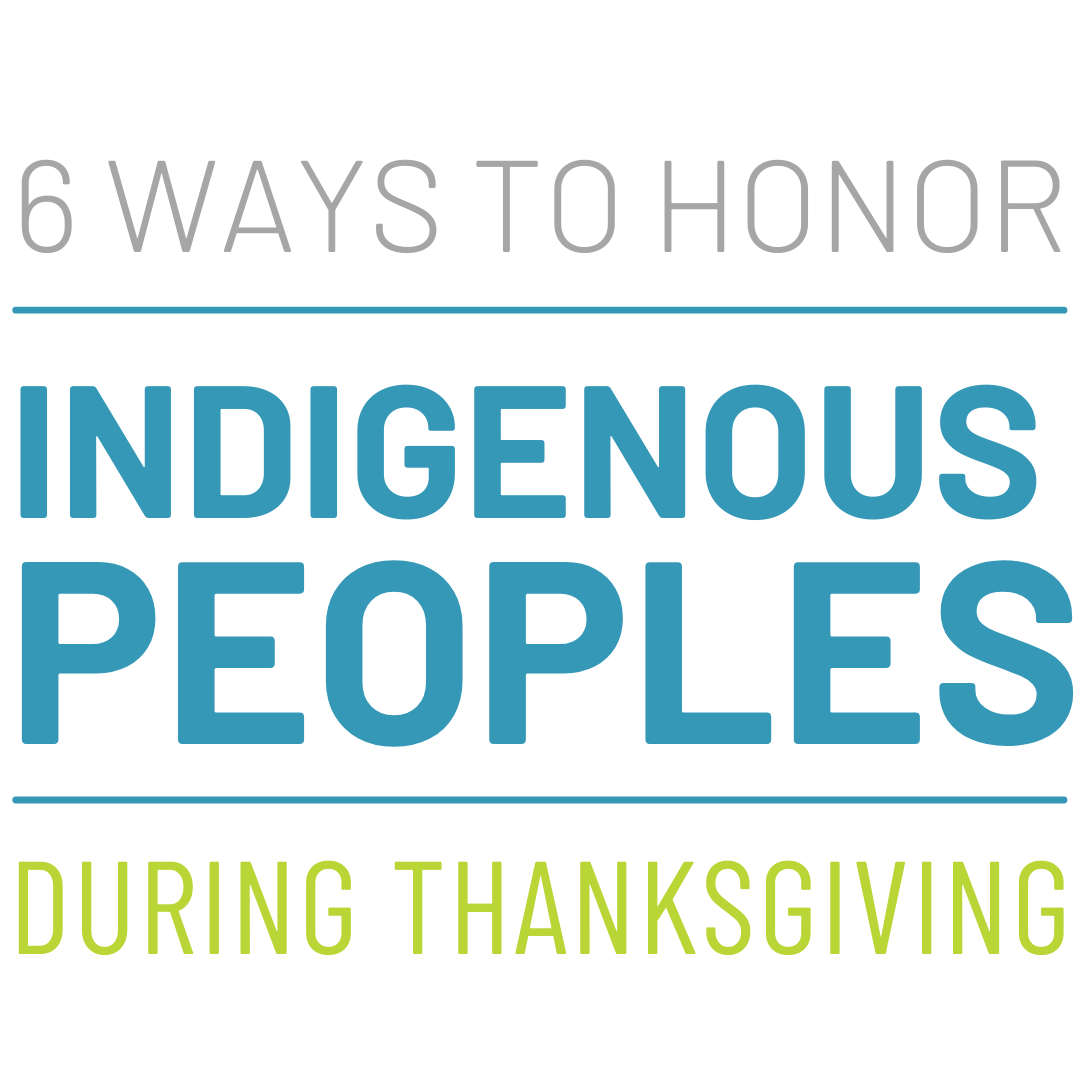February 2021
| February is Black History Month! |
| This is an annual celebration of achievements by African Americans and a time for recognizing their central role in U.S. history. We’ll be sharing personal experiences, celebrations, and resources from our board and team members! The theme for 2022 focuses on the importance of Black Health and Wellness. This theme acknowledges the legacy of not only Black scholars and medical practitioners in Western medicine, but also other ways of knowing (e.g., birthworkers, doulas, midwives, naturopaths, herbalists, etc.) throughout the African Diaspora. The 2022 theme considers activities, rituals and initiatives that Black communities have done to be well.” ASALH: Association for the Study of African American Life and History Consider supporting and learning from more local Black scholars and medical practitioners: – Grand Rapids African American Health Institute – Baxter Community Center – Urban Core Collective – NAACP Grand Rapids |
Our board and team members reflect on Black History Month:
"As a Black transracial adoptee, my identity as a Black person was not always something I celebrated. My closest family members are white. My parents are white. My school, my church, all my friends were white. At home, we had dolls, books, and toys to remind me that Black people exist, and Black people are beautiful. But still, my surroundings were white. Abigail Bruins Board Member | 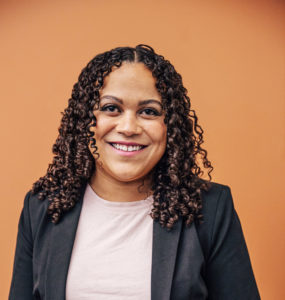   |
"As a woman who identifies as Black, African and American, my identity has been very complex to describe...'you had to be there' or 'you had to live it' is how I candidly describe it. However, because of the intersectionality of my identity - I can say that I am mostly proud, because I am able to relate to the lived experiences of very many Black, African and American people. I am grateful for the journey my life has afforded me, the struggles that taught me memorable lessons and the grace that allows me to extend genuine empathy and compassion to those who are marginalized because of these identities." Christine Mwangi Board Member | 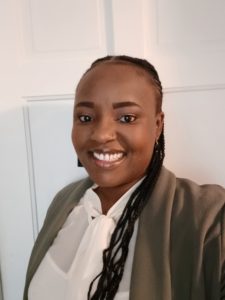 |
"I’m using this month to reflect on how I invest my time, talent, and treasure to support and amplify Black voices in my personal and professional realms. The erasure of Black voices in history, education, and liberation movements (only to name a few) is perpetuated and upheld by individuals and systems that do not correct past and current treatment of Black Americans. While dedicating a month to honor and celebrate Black Americans’ contributions to the nation is important, it’s also essential that we make long term solutions to amplify and support the Black community all year long. Rachel Humphreys Communications and Development Director | 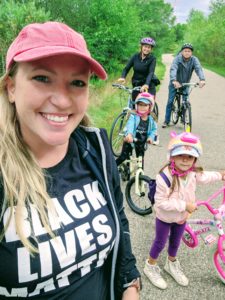  |
"For some time now I’ve always known that February is Black History Month and I saw it as an opportunity to educate myself on how enslaved people were treated and how they became free, I pay my respects by watching inspirational movies and documentaries. Although I am Hispanic and do not identify as Black, I do relate to being minority. As I get older I am understanding that Black History Month is not just about slavery, MLK, and protests, it’s also about celebrating Black community and achievements, it’s an opportunity for us to step out of our own circle and embrace other cultures, and support Black-owned businesses. February is a reminder to create awareness, get involved, and respect the sacrifice endured. I celebrate not only the historical freedom but also the freedom of the emotional bondages within ourselves and our community. Together we thrive!" Mayra Rodriguez Office Coordinator | 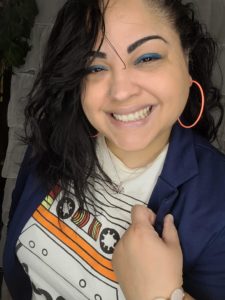 |
"Black History Month is a regular opportunity for me to remember how much I simply don't know, and to be grateful for the beautiful, kind, patient Black people who have graciously helped me learn (or graciously told me to stop asking them and go learn on my own). This month is a cognitive reminder to celebrate the accomplishments collectively fought for and made, to lament how far we have yet to go and the inequities that remain in our society, and to make actual plans and move forward real goals towards change. Black History Month makes me remember that I need to strive for more empathy, that there are stories and life experiences that I will never understand, that I need to believe black people when they share their experiences and follow their lead in change." Cassandra Kiger Executive Director | 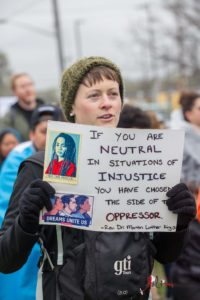 |
"Yay, it's Black History Month. Although I do not identify as Black or African American I'm always excited to learn about their amazing history and all that they have overcome to ensure a better future for the coming generations. Although there are still many obstacles to overcome I would like to share one of my favorite Black/African American people who in their own way have empowered me to be a bulldozer of a woman. Rosa Parks is one of the women that from a young girl I looked up to because I was mesmerized by her strength to stand up for what she believed was fair. I have always admired her for her bravery and her willingness to never back down no matter the consequences." Rocio Moreno Program Director and Burton Site Coordinator | 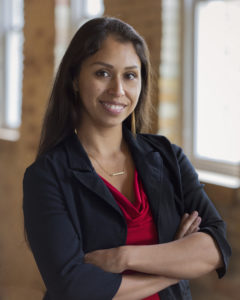 |
"I have spent a lot of my life wondering about my identity. As a biracial Black woman, whose Black roots cross a variety of cultures and histories, I never felt like I was allowed to claim myself as Black. I grew up in Maine, surrounded by White people, asking me 'What are you?,' or making racist comments about my appearance, or making racist jokes around me then claiming I couldn’t be offended because I 'wasn’t actually Black.' Lauren Enos MSW Intern | 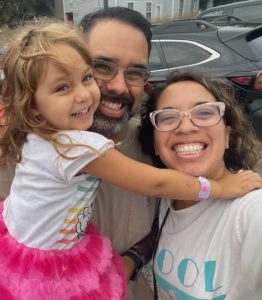 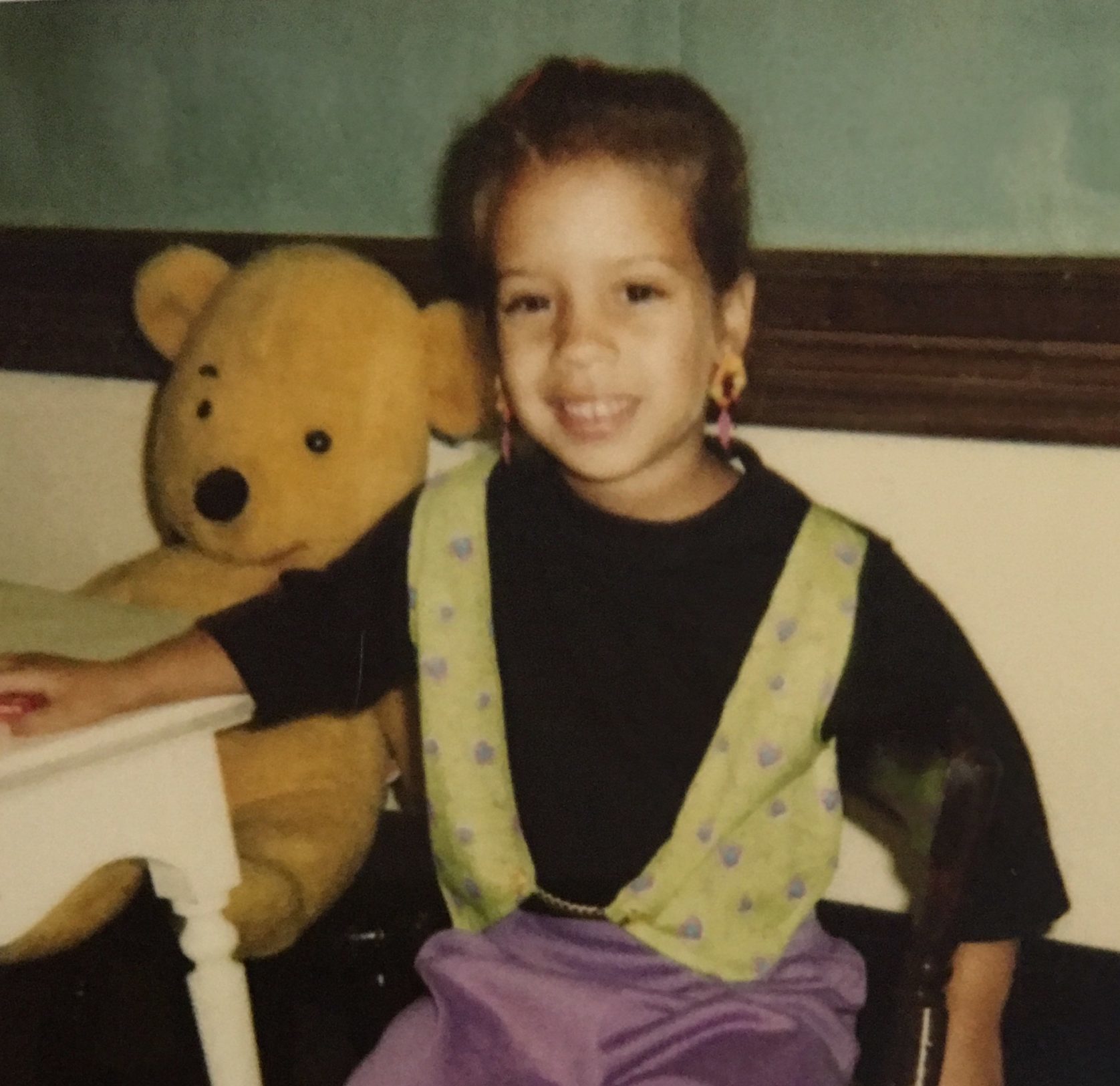 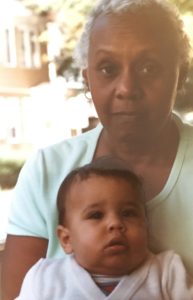 |
"How do I celebrate Black History Month? I have to admit that I am in a learning stage. For a long time, I did not know the importance of celebrating the contributions of each culture to this country. But today, I know it is essential to value and honor each culture. I celebrate this month by advocating for each student so that their culture and legacy are respected in our schools. I created a space where they can share with others who they are. But the most important is I admit that I have a lot to learn, but I am willing to educate myself, so my future generations love and respect others every day." Monica Zavala SWCC Site Coordinator | 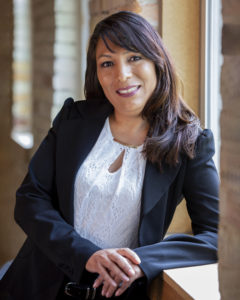 |

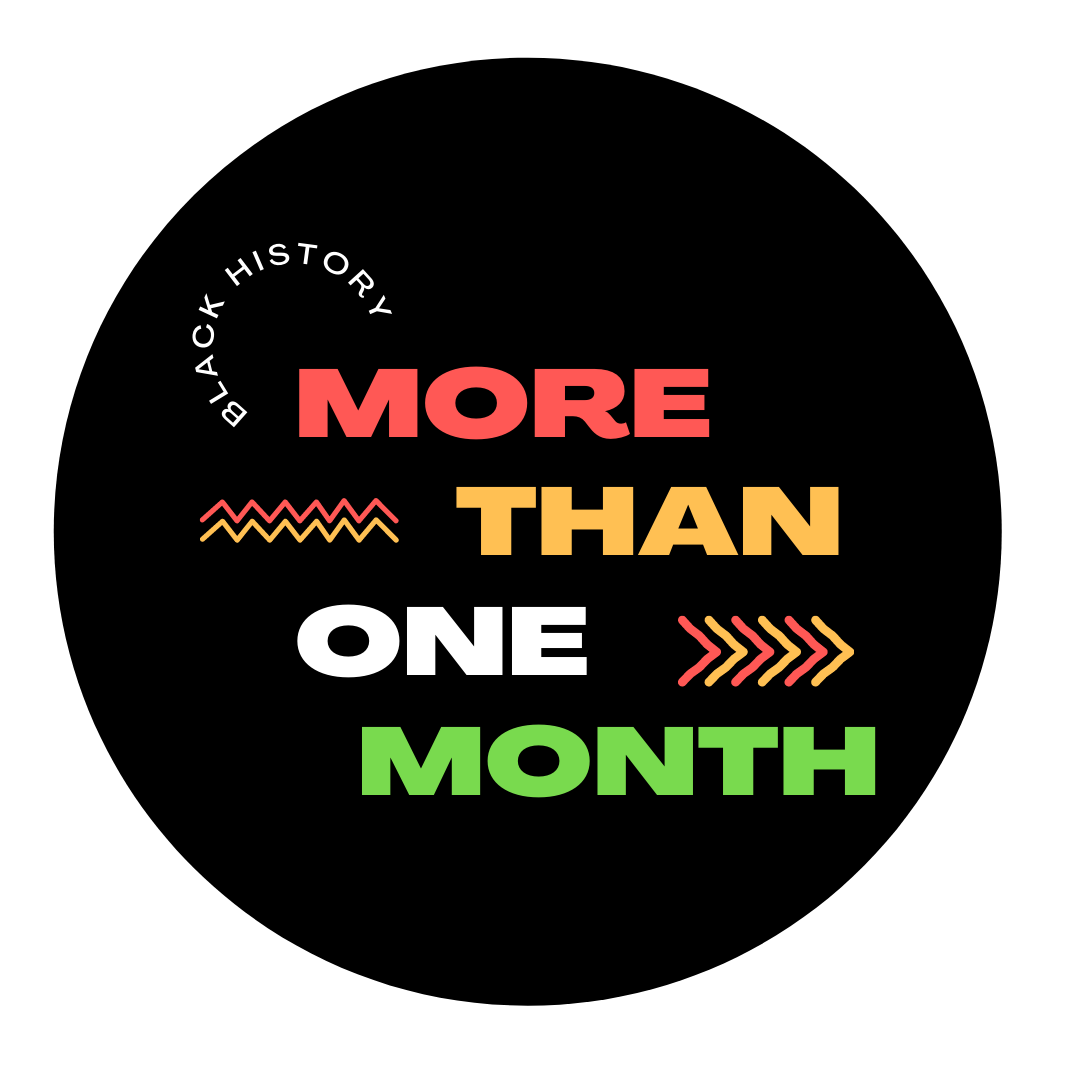
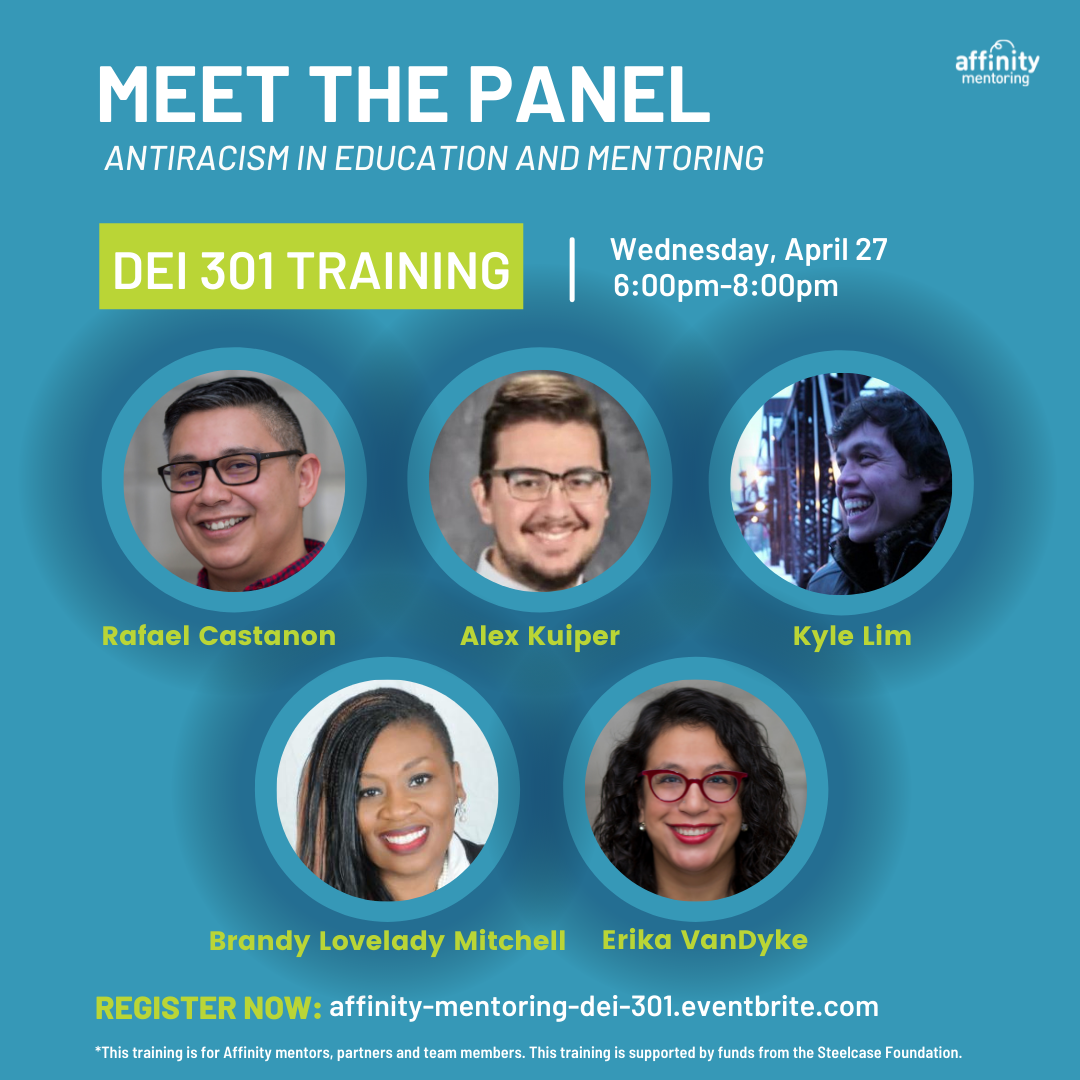
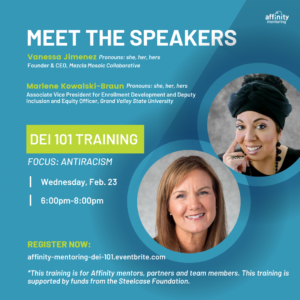 DEI 101
DEI 101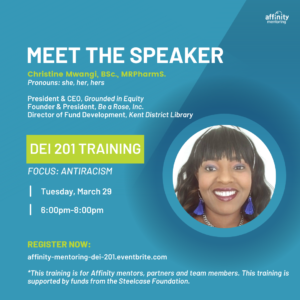 DEI 201
DEI 201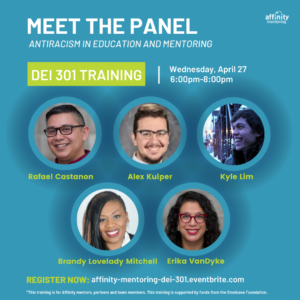 DEI 301
DEI 301